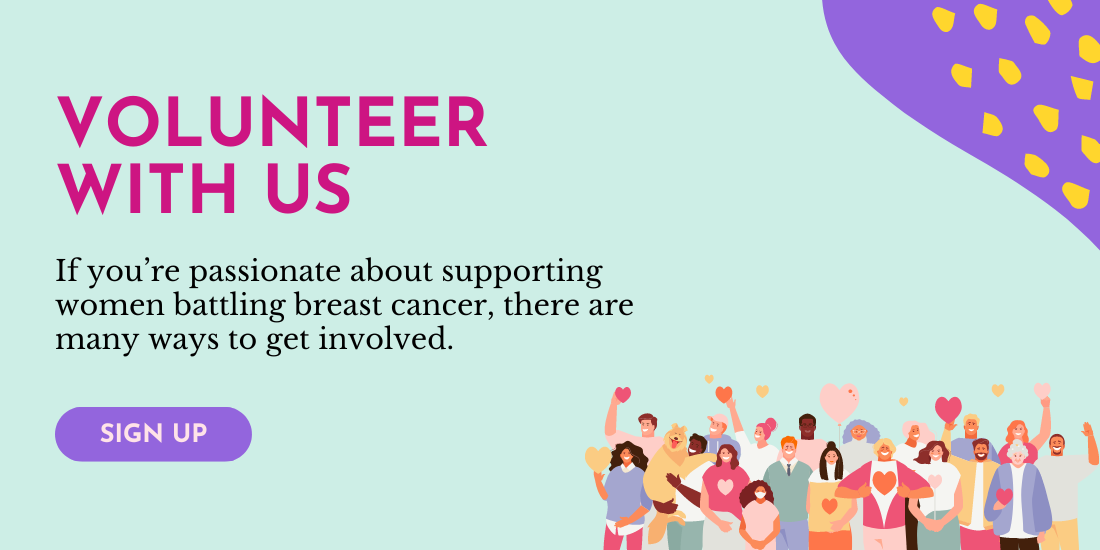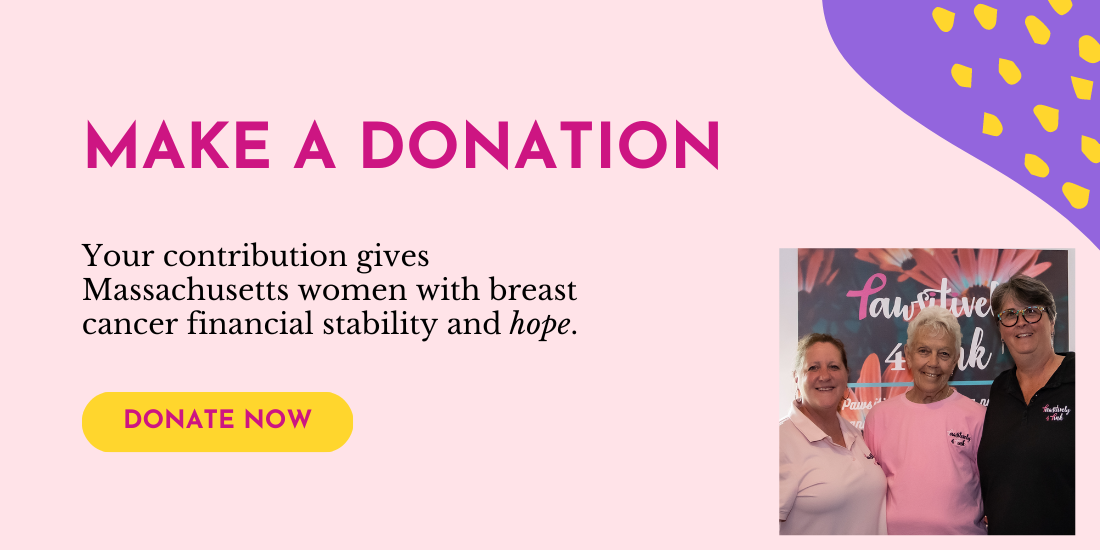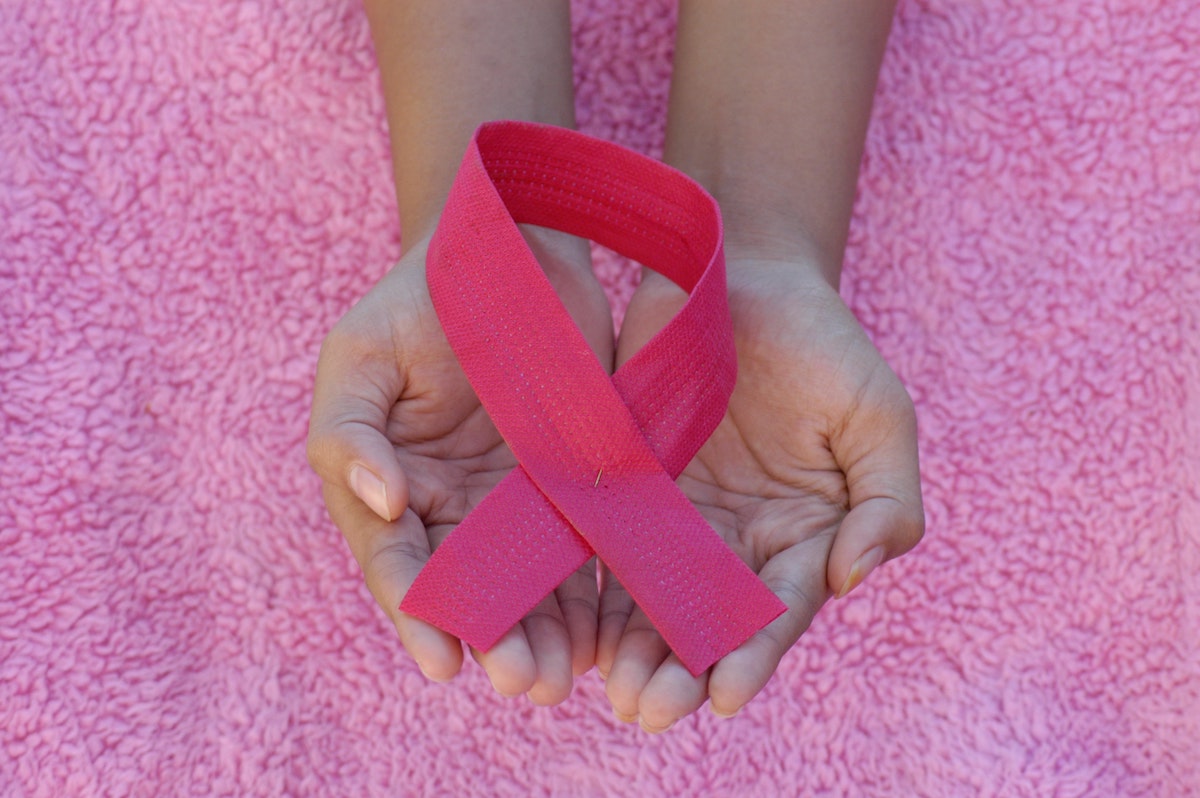Introduction
When someone you know is diagnosed, the first question is usually how to be there for a loved one with breast cancer. It can be hard to believe that this has happened since it’s not something that most people expect or plan to happen.
Breast cancer comes without warning, and it varies widely in how it impacts each individual diagnosed. However, if you think your reaction is sudden and shocking to hear that a loved one has been diagnosed, think about how they are feeling.
This article will encourage you to shift your perspective and motives to educate yourself on being there for a loved one with breast cancer. Although the diagnosis will affect you, it’s important to think about your loved one’s needs and how you can be your best for them.
The Power of Listening
One of the best things you can do for a loved one is to be there for them and approach every conversation with open ears. Just being there and listening can make all the difference.
Many people feel isolated and scared after their diagnosis. They may feel confused and afraid to express what they are truly feeling and going through. By going into every conversation with open ears, you are fostering an environment that is safe for them to express themselves and put their trust in you.
Even if you don’t completely understand what they are trying to express or explain, it’s important to listen and validate their experiences. For example, if your loved one is saying that she doesn’t know how her spouse or children will handle this news, let her know you see where she is coming from and validate her experience. It is scary, and try to assure her she and her doctors will do everything they can to fight this thing.
A general rule of thumb is to listen first, talk second. This leads us to our next point…
Only Give Advice When Asked
Along with entering each conversation with open ears, try to have an open mind, heart, and perspective as well. Don’t be so quick to give advice unless asked. Though your intentions may be good, it’s important to understand that not everyone wants or needs advice.
Your loved one may be in the early stages of their diagnosis and not have any idea what to do next. In this case, they will likely want and need your help figuring out their options. However, if they are farther along in their cancer journey, they may not want or need any advice, just love, and support.
The keywords here are “when asked.” It’s okay to share your perspective and experiences as they relate to the diagnosis, but wait for your loved one to ask for help or at least express that they want it. This will help to avoid any tension or feelings of being overwhelmed on their part.
Of course, you want to support your loved one in any way you can. Do your research… but don’t overdo it. Instead, do something tangible like dropping off a meal or picking up their child for school. This is where you will really be needed.
Support Your Loved One’s Treatment Decisions
One of the most important things you can do as a supporter is to support your loved one’s treatment decisions. This includes everything from surgery to different therapies.
It can be difficult to make these decisions, and it’s perfectly understandable for you to have mixed feelings about them. However, it’s important that you do not voice unsolicited opinions unless you are asked for your opinion or advice.
You have to remember your loved one is going through the recovery process more than once. The treatment itself is one version of pain they have to go through, but they also have to go through it before the treatment itself, as well as after when they are waiting in remission.
Every time they have to weigh all their options, go over the timetable of the procedure or talk to their doctors, they are going through the process all over again.
So, try to support them throughout it all. Their lives have been turned upside down, and the last thing they need is judgment from the people they love. Understand that you would maybe not make the same decisions as your loved one, but that does not mean they have not chosen the best option for them.
Check-In Regularly, Not Just When Asked for
One of the most important responsibilities you have is to check in with your loved one. On a regular basis. This can be done via phone calls, text messages, cards, visits anything that helps them know they are on your mind.
Doing this will let them know they are not alone during their recovery process. Many patients feel that their loved ones don’t check in beyond the initial diagnosis. This leaves them feeling alone and isolated. The hardest time for those with a cancer diagnosis is actually in the months following when the initial shock has worn off, and their loved ones get back to their daily lives.
So, make sure you are checking in regularly to offer comfort and support. Moreover, your loved one may need this more often if their treatment is causing significant side effects or making them feel ill for an extended period of time.
Doing a service or an act of love at least once a week can provide quick reassurance that things are okay and they are not forgotten. So reach out to them. As much as you can.
Educate Yourself
Lastly, but equally important, educate yourself on your loved one’s treatment. If you are like most people, cancer didn’t cross your mind much before your loved one was diagnosed.
So, take the time to learn about their type of cancer, the various treatments, what to expect during and after treatment, and so on. The more you know, the better equipped you’ll be to support your loved one emotionally and practically.
This includes being there for them when they have appointments, being able to answer any questions they may have, and just being a listening ear.
If you can be there and sit in on doctor’s visits and take notes for your loved one, this would be a fantastic way to offer support. Not only will you be helping them, but you will gain a better understanding for yourself as well.
 Conclusion
Conclusion
There is no best way to support a loved one with cancer. However, there are many things you can do (or not do) that will help your loved one feel less alone and more supported throughout their journey.
When offering to be there for them, it’s important to remember they may need different types of support at various times. So, be sure to communicate with them and ask what they need from you specifically.
Most importantly, be there for them in whatever way possible and let them know you love them. Even if it gets difficult at times, just know your support goes a long way. If you or a loved one need another person in your support group, any aid in the breast cancer journey, or you would like to give something to help those with breast cancer, feel free to head over to Pawsitively 4 Pink. We have been able to help many women through their breast cancer journey through generous donations from our community. We are here for your loved one too.



